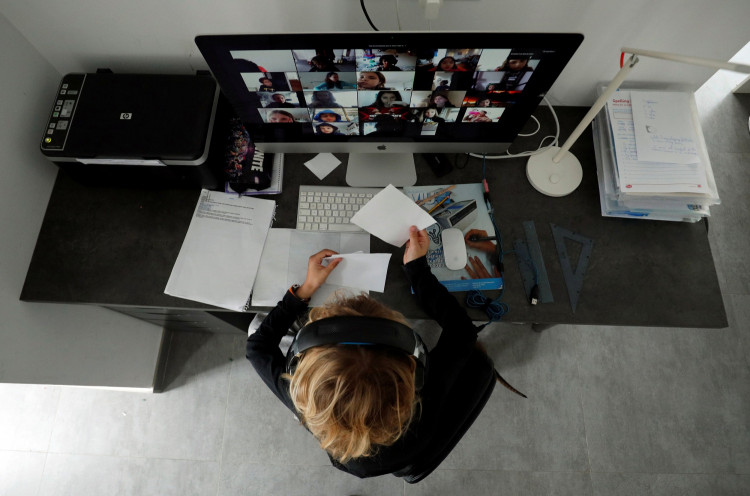Zoom kept its promise when it said it would be focusing on updates to further secure its platform. This past weekend's changes include additional password protection, random meeting IDs, and more.
In a blog post dated April 14, Zoom said that while your Personal Meeting ID (PMI) will be left unchanged, one-time randomly generated meeting IDs for newly scheduled webinars and meetings will be 11 digits instead of nine. As for Zoom passwords, all free Basic accounts, by default will have the alphanumeric option. Admins and account owners, meanwhile, are free to configure their password combinations and adjust the minimum length.
Other updates made by Zoom include delay on the dashboard and missing data, which are already fixed. The company has also restored third-party file sharing after suspending the feature temporarily.
Message previews on Zoom Chat can now be hidden as well. You can tweak your settings so you can still be notified upon receiving a message but its content won't be shown in the preview. Apart from enhancing password complexity, users can now turn on passwords by default and enjoy better Cloud recordings.
Come April 18, Zoom customers will be given the option to decide which data centers their calls will be routed through. The change should give customers "more control over their data and their interaction with our global network," which includes data centers in China, Australia, India, Canada, the US, and European countries. This update's arrival follows backlash over Zoom's security protocols.
A report earlier this month from the Citizen Lab at the University of Toronto found that Zoom uses keys to encrypt its calls from servers in China, regardless of whether the meeting's participants were based in the country. Researchers argued that using Chinese servers is a threat to national security, as Zoom could, in theory, be legally strong-armed into forking over these encryption keys to Chinese authorities, based on the country's cybersecurity mandates.
The spike in Zoom usage due to the COVID-19 pandemic has also raised privacy and security concerns, as a hoard of remote workers has started to use the program per day. Zoom has since issued an apology and promised to make changes in order to better enhance its security protocols. Since the pandemic, the company reported that it has seen its usage uptake increase to more than 3 million downloads per day.
You can check out Zoom's post detailing its Security icon and other recent security-related product updates.






